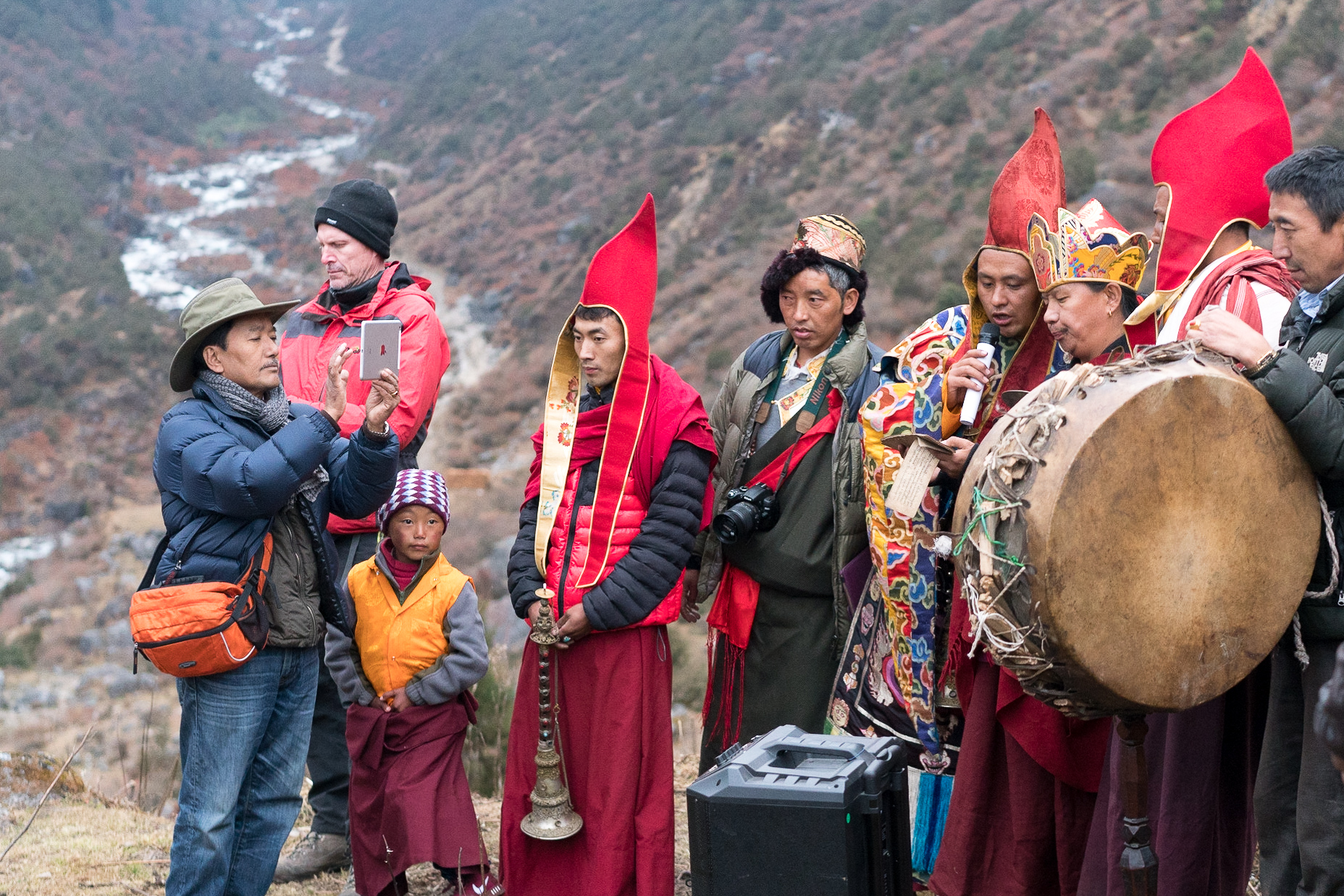
Abstract
The idea of the local community is deeply engrained in public imaginaries of life in non-urban settings. It is the target of development aid, benefit sharing arrangements, tourism promotion, and political struggles for autonomy. People moving out in search of refuge or fortune, on the other hand, are understood as migrants – forming migrant communities in a global diaspora.
Trying to understand the contemporary experiences of highly mobile trading societies in the Himalayas, neither the “local community” nor “migration” or “diaspora” are able to capture what is at stake. Based on research in Northern Nepal, I suggest the notion of place-knots to understand the continuing importance of locality and community as well as the entanglements between the two.

